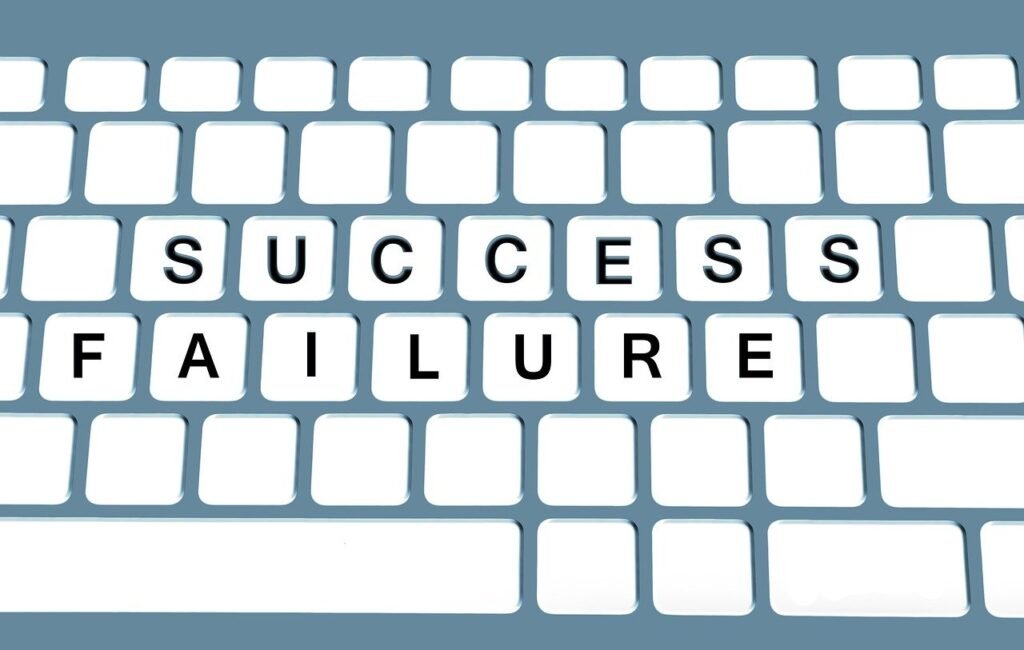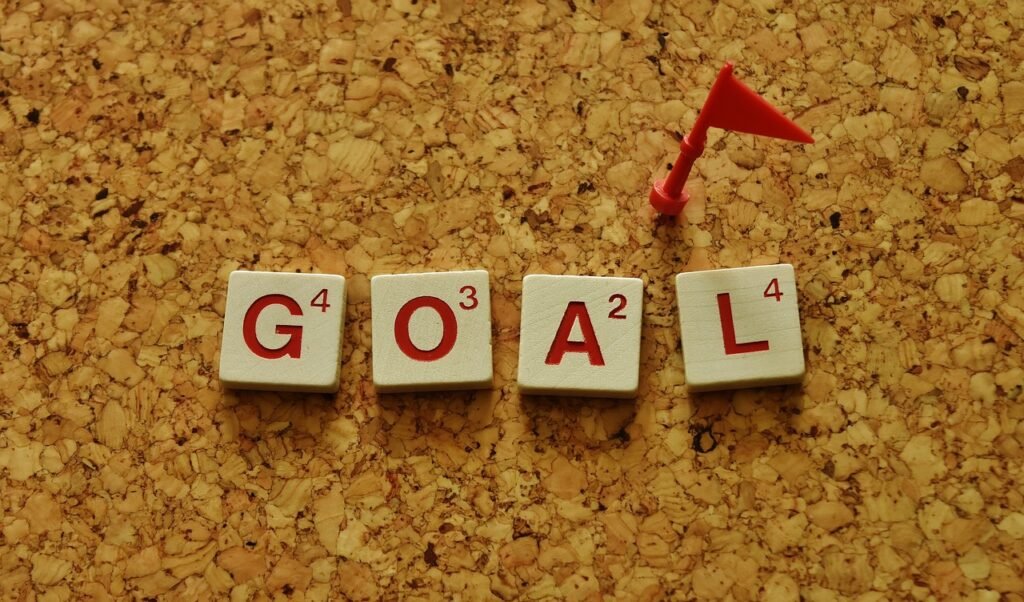In the world of entrepreneurship and business, the word failure often carries a heavy stigma. It’s associated with loss, embarrassment, and defeat. But seasoned entrepreneurs and investors will tell you a very different story: failure isn’t the end—it’s part of the process. In fact, it is often the most crucial element in achieving lasting success.
As the saying goes, “If you’ve never failed, you probably haven’t tried anything ambitious.”
The Reality Behind Every Success Story
Behind every wildly successful startup, product, or CEO, there’s almost always a trail of abandoned ideas, lost investments, and moments of doubt. Failure is not just common in business—it’s practically guaranteed. The real question is: how do you respond to it?
Think about these examples:
- Steve Jobs was ousted from Apple—the very company he co-founded—only to return and lead it to become one of the world’s most valuable corporations.
- Elon Musk faced multiple failed rocket launches with SpaceX and was on the brink of personal bankruptcy before achieving his breakthroughs.
- Airbnb was rejected by dozens of investors who thought people would never rent out their homes to strangers. Now it’s a billion-dollar company.
These aren’t stories of luck. They are stories of resilience and learning through repeated, painful failure.

Why Failure Is a Great Teacher
Unlike success, which often masks underlying problems or inefficiencies, failure shines a spotlight on what needs to be fixed. It forces reflection, adjustment, and growth.
Here are some powerful ways failure strengthens a businessperson:
- Improved decision-making: Mistakes offer real-time feedback that theoretical learning can’t replicate.
- Mental toughness: Every stumble makes you more resilient and prepared for future challenges.
- Clarity and focus: After failure, many entrepreneurs return with a sharper vision and better execution.
- Humility: Failing keeps you grounded and open to advice—essential traits for leadership.
“Fail Fast, Learn Faster”: A Modern Business Mantra
In today’s fast-paced world, particularly in the tech and startup ecosystems, the concept of failing fast is embraced. The idea is to experiment, take risks, and rapidly learn from what doesn’t work. It’s not about being reckless, but about accepting that not all bets will pay off—and that’s okay.
Companies like Google, Amazon, and Meta run hundreds of experiments simultaneously. Many fail. A few succeed. But those few successful ideas often create exponential returns.

Turning Setbacks Into Strategy
Let’s say your first product launch flopped. You invested months into it, and it generated zero traction. That hurts—but here’s how to reframe it strategically:
- Deconstruct the failure – What went wrong? Was it the timing, the marketing, the pricing, the product-market fit?
- Extract the lessons – What insights can you carry into your next iteration?
- Reinvest intelligently – With every lesson learned, your next move becomes more precise and likely to succeed.
Successful founders treat failure like a data source, not a defeat. They integrate feedback loops into every step of development and decision-making.
The EU Context: Where Risk Is Still Undervalued
In many European countries, business culture still leans toward risk aversion. Bankruptcy laws are stricter, and social norms often penalize failure more than in the U.S. or parts of Asia. As a result, some talented entrepreneurs hesitate to launch their ideas for fear of “getting it wrong.”
However, this mindset is slowly changing. The European Union has recognized the need to foster entrepreneurship and innovation, even if it means more failed ventures in the short term. Startup-friendly initiatives like the European Innovation Council, Horizon Europe, and national business incubators now place a greater emphasis on experimentation and learning.

The Most Successful Entrepreneurs Have Failed—Repeatedly
It’s no coincidence that many of the wealthiest and most successful businesspeople have experienced bankruptcy, product failures, investor rejections, and public embarrassment.
The pattern is consistent:
- They tried.
- They failed.
- They learned.
- They tried again—with more wisdom.
The entrepreneur who keeps going is already ahead of the one who never started.
Key Lessons: How to Use Failure As Fuel
- Normalize it: Understand that failure is a part of the entrepreneurial process, not an exception.
- Build emotional resilience: Learn how to separate your self-worth from your business results.
- Plan for it: Budget for mistakes. Schedule time for reviews. Expect setbacks—and be ready to pivot.
- Share it: Build a culture of openness around failure in your organization. Encourage learning from it.
- Celebrate persistence: Reward not just success, but the courage to try again.

“Failing Means You’re In the Game”
Those who criticize often stand on the sidelines. But those who fail? They’re in the arena, building, creating, pushing boundaries. That’s something to be respected—not feared.
In the end, failure is not the opposite of success—it’s the road to it.
Need a professional online presence to bring your business idea to life?
👉 Rakuzan.eu offers web development and business solutions tailored for modern entrepreneurs in the EU.
And if you’re looking for fast, reliable, and affordable hosting to support your business journey, check out 👉 Hostinger—our trusted partner for web hosting.
Disclaimer: This article is for informational purposes only and does not constitute financial, tax, or investment advice. Readers should consult with a licensed professional before making any financial or business decisions.





